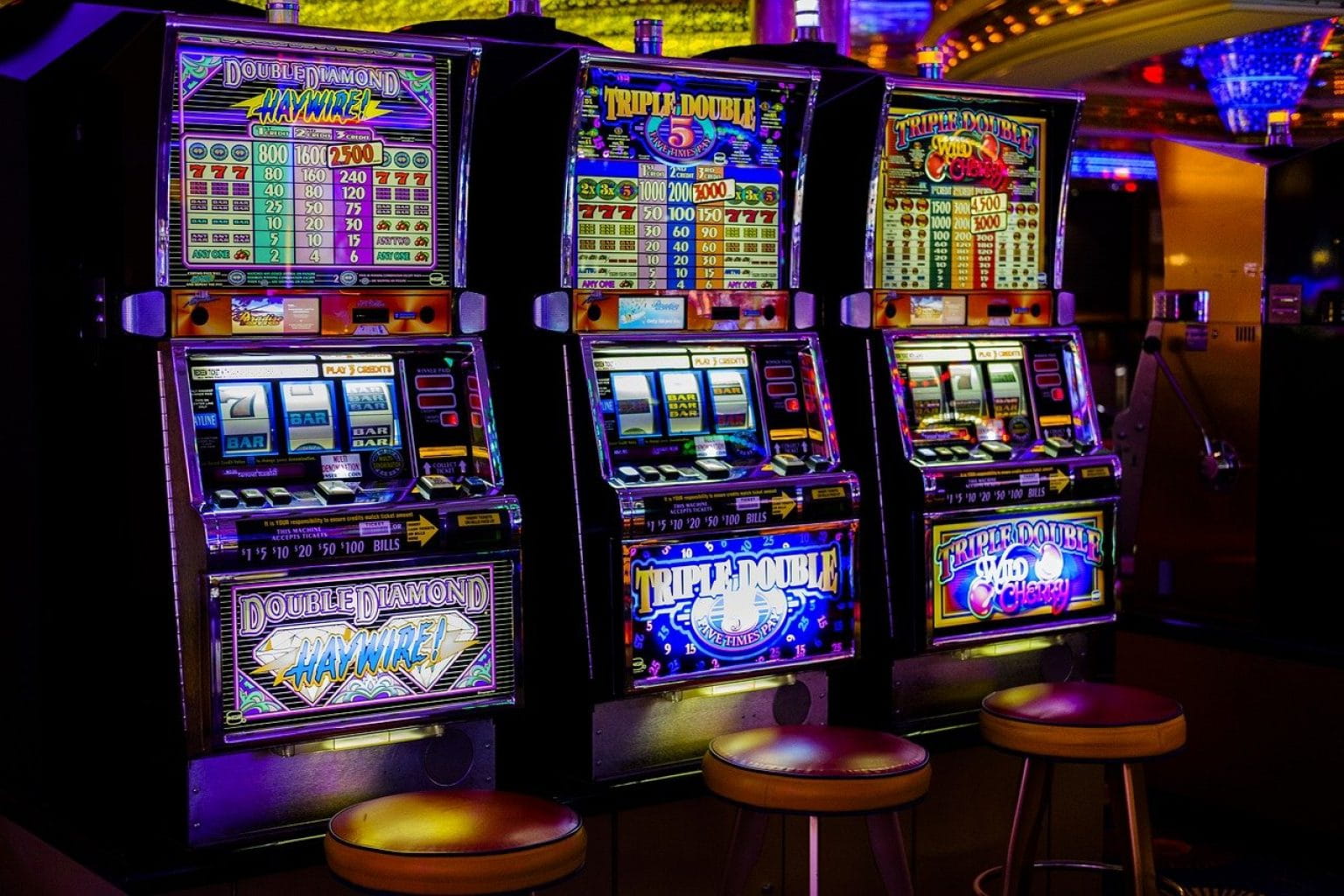
Within the dynamic realm of gambling halls, where the atmosphere pulses with excitement and the clinking of tokens fills the environment, the role of a game dealer is both crucial and fascinating. Daily, these experienced experts step into a world where fortune and strategy intertwine, leading players through the highs and lows of their chosen casino games. From table games like 21 and texas hold ’em to the revolving wheels of roulette, dealers manage the gameplay while ensuring that every game operates seamlessly and honestly.
As the sun rises on another hectic day, a casino dealer prepares to dive in this dynamic setting. Their duties extend beyond merely dealing cards or spinning a wheel; they are also performers, service providers, and keepers of the game regulations. Each shift brings new challenges and experiences, making every day distinct in the life of a casino dealer. This behind-the-scenes look will explore the day-to-day operations of a casino game dealer, highlighting the skills and experiences that make this career both exciting and fulfilling.
The Role of a Gambling Table Dealer
A casino game dealer is at the core of the gaming experience, orchestrating the progress of the play while ensuring that players are engaged and entertained. 32win Their primary responsibility is to manage the table, which involves distributing cards, spinning the wheel, or handling the chips, depending on the game being played. Dealers must have a thorough understanding of the rules and regulations governing each game, while also upholding a friendly and welcoming demeanor to enhance the gambling atmosphere.
In addition to overseeing the play, dealers must also monitor on the players and the surroundings around the table. This entails watching for any signs of cheating, ensuring that everyone is following the guidelines, and addressing any conflicts that may arise among players. Effective communication skills are essential, as dealers often provide explanations about the game’s mechanics and offer assistance to those who may be novice to gambling games.
Moreover, a dealer’s role extends beyond just the technical aspects of the game. They play a crucial part in creating an immersive experience for the players. This necessitates establishing a rapport with patrons, being attentive to their wants, and often adding an element of fun into the game. It’s this combination of skill, alertness, and people skills that makes the position of a casino table dealer both challenging and fulfilling in the dynamic world of casino games.
Responsibilities and Challenges in Daily Operations
One of the key responsibilities of a dealer in a casino is to supervise the various games offered at their table, ensuring a smooth and satisfying experience for players. Dealers must be proficient at dealing cards, handling chips, and maintaining the flow of the game. This requires a deep understanding of the regulations of each game, from blackjack to roulette, and the ability to address players’ questions while maintaining the game progressing. Attention to precision is essential, as dealers must monitor bets, pay out winnings accurately, and watch for any cheating or discrepancies at the table.
In addition to supervising the game itself, dealers encounter challenges such as managing difficult players. The casino environment can be tense, particularly during high-stakes games, and a dealer must remain composed and professional at all times. They need robust interpersonal skills to navigate interactions with players who may be upset about losses or dissatisfied with the game’s pace. Handling these situations delicately is essential in creating a friendly atmosphere on the casino floor.
Another significant responsibility is maintaining the integrity of the game. Dealers must be alert and attentive, watching for any signs of player cooperation or cheating among players. This involves not only a solid knowledge of the games but also an awareness of player psychology. They must also follow the casino’s rules and procedures, participating in regular training sessions to stay informed on rules and protocols. Balancing these responsibilities while providing top-notch customer service is what makes the role both challenging and fulfilling for a dealer in a casino.
Attributes and Skills for Success
A effective casino game dealer must demonstrate superior communication skills. This includes not just the ability to explicitly explain game rules and procedures to gamblers but also the capacity to engage with them in a cordial and professional manner. Building rapport with patrons can enhance the gaming experience and inspire repeat visits to the casino. Effective communication enables dealers to manage tables efficiently while ensuring that players feel appreciated.
Additionally, solid mathematical skills are essential for a dealer. Quick arithmetic are often required to monitor bets, payouts, and game outcomes in real time. A dealer’s ability to perform these calculations accurately and swiftly adds to the overall efficiency of the game. This skill helps in maintaining the flow of play and in minimizing disputes or misunderstandings with players, which is crucial in a rapid casino environment.
Lastly, an ideal casino game dealer should exhibit integrity and professionalism at all times. Trust is a vital component of the gaming experience, and players must feel secure that the games are conducted equitably and transparently. A dealer’s commitment to upholding high ethical standards fosters a friendly atmosphere at the table and enhances the casino’s reputation. Being reliable in behavior ensures that dealers leave a enduring impression on guests, which can lead to a faithful customer base.
